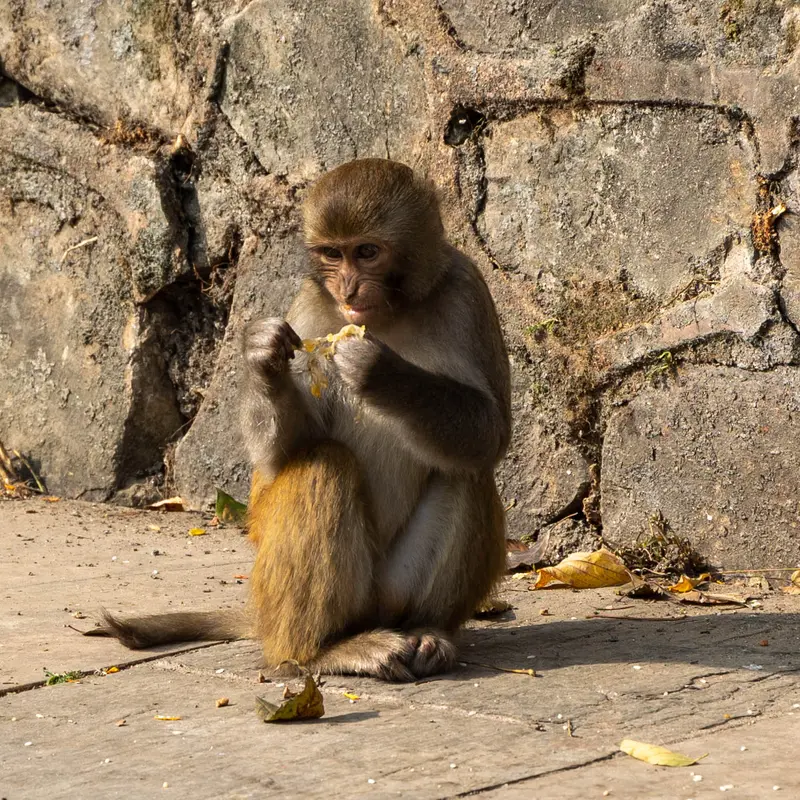Irrational Geographic
My House, Dallas, Texas
At one point, I had to make the decision to talk openly about my drinking and drug addiction when discussing my photography and many other artistic endeavors. Please know that this decision was not arrived at because I thought I could somehow help others who are still struggling with addiction, or even because I thought that the inclusion of such stories would help add some comedy or dramatic intrigue to my descriptions. The reason is actually much more selfish than that, almost lazy: when I tried to omit the alcohol and drug abuse from the stories, suddenly everything no longer made any sense. Every story became incoherent and unmotivated, all my actions irrational.
After a few early attempts at leaving out the grittier details, it quickly became apparent that the literary gymnastics required to sidestep these topics, in almost every single story I wanted to tell, was going to be exhausting. My stories became a series of irrational decisions -- hard to read, hard to understand, and even harder to imagine how one event could have possibly led to the next.
Take this little dialogue, for example:
"Ryan, didn't you spend a lot of time hiking and canoeing in Canada? Where are all those photos? Why are there none on your website?"
"I'm so glad you asked! You see, my wallet, car keys, iPhone, backpack, camera, and a great many other things are all at the bottom of a Canadian river, so I have almost no pictures of Canada."
"How did that happen?"
"Well, Jeff and I were fully clothed in winter attire, sitting quietly in our canoe, when XXXXXXXXXXXXXXXXXXXXXXXXXXXXXXXXXXXXXXXXXXXXXXXXXXXXXXXXXXXXXXXXXXXXXXXXXXXXXX XXXXXXXXXXXXXXXXXXXXXXXXXXXXXXXXXXXXXXXXXXXXXXXXXXXXXXXXXXXXXXXXXXXXXXXXXX suddenly it overturned, dumping us and all our belongings into the freezing cold water, The End."
That's not what happened, it makes no sense, and yet these are the kind of stories I was left with when I took out the drugs and alcohol. While the canoe story has a very literal one, every good story also has a tipping point, and I found that without mentioning alcohol or drugs, I could never quite get there narratively in any rational, sincere, or satisfying way. I lost the will to even write these stories, because with those self-imposed shackles on, everything just felt disingenuous.
So I took them off.
Well, partially.
The photo above is of my ex-boyfriend Jeff. And before I explain why I am unable to fully elaborate on how the photo came to be, I want to touch on one more challenge that I encountered in trying to tell these stories. I began to suspect that while the stories involving alcohol were fun and entertaining enough, the ones involving crack cocaine and other heavier drugs were perhaps unrelatable to most people. They involve a dark and depressing world that most people will thankfully never know. Also, as with the photo above, I would often get an undeniable feeling in my gut that these were not entirely my stories to tell.
Regardless of my personal readiness and willingness to discuss the grittier details of my past, my photography (and life) is filled with other people who are not, and so I came to realize that some stories are simply off limits to me. I will gladly tell those off-limit stories, in person, to anyone who cares to listen, but I will not write them. The photograph above falls into this latter category, since by whitewashing the story into something acceptable for print it, again, just comes across as a series of incoherent, irrational, decisions.
One thing I will say, however -- although I didn't realize it at the time -- is that this marks the beginning of a photographic style that I could continue to cultivate for years to come. It is a sort of oxymoronic brand of fake photojournalism, that I would love to call fauxtojournalism, if there were any way to communicate that clever little double entendre without sounding like you were having a mini-stroke. Trust me, I've tried, there's just no good way to convey that particular homophone verbally without sounding ridiculous.
I can attempt to describe it to you, though. It is basically a litmus test that started governing who and what I chose to photograph, and the stylistic manner in which I chose to approach that subject: Would this make a good National Geographic cover photo? And if not, what could I change about the situation to make it so?
In the above photograph of Jeff, I was clearly trying to emulate the classic National Geographic cover photo we all know and love; but my style soon progressed beyond mere staged emulation, and became a subconscious governance that I would begin using in the field, and one that I continue to use to this day.
If you would like to learn more about my long and complicated fascination with National Geographic, you can do so HERE.
If you’d like to learn more about my alcoholism and why very few people will get in a canoe with me, then THIS might be the story for you. It includes the Canadian Canoeing story, which is one I decided that I am at liberty to tell. And it's even appropriate for my more sensitive readers, as we never were able to locate any crack cocaine in Canada.
That I know of, anyway.
If you'd like to see and read more, I struggle with the limitations of drug vocabulary HERE, I go to rehab HERE, and eventually, I write a List of Activities and their Sober Fun Ratings HERE.
A warning, it is very possible you will find that you like me much better as a photographer than you do a person, in which case, please ignore my nasty stories and just go back to enjoying my pretty pictures.
